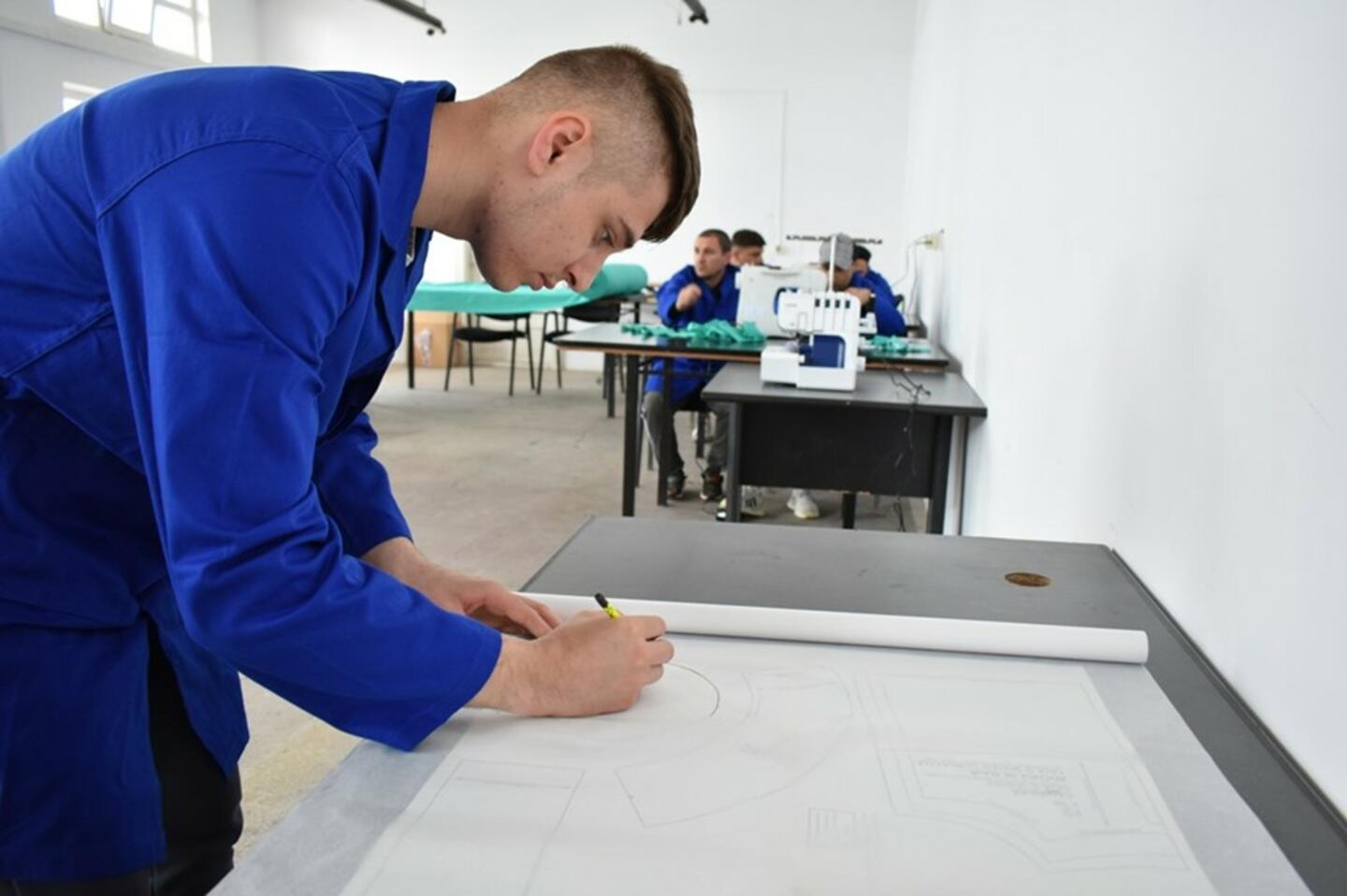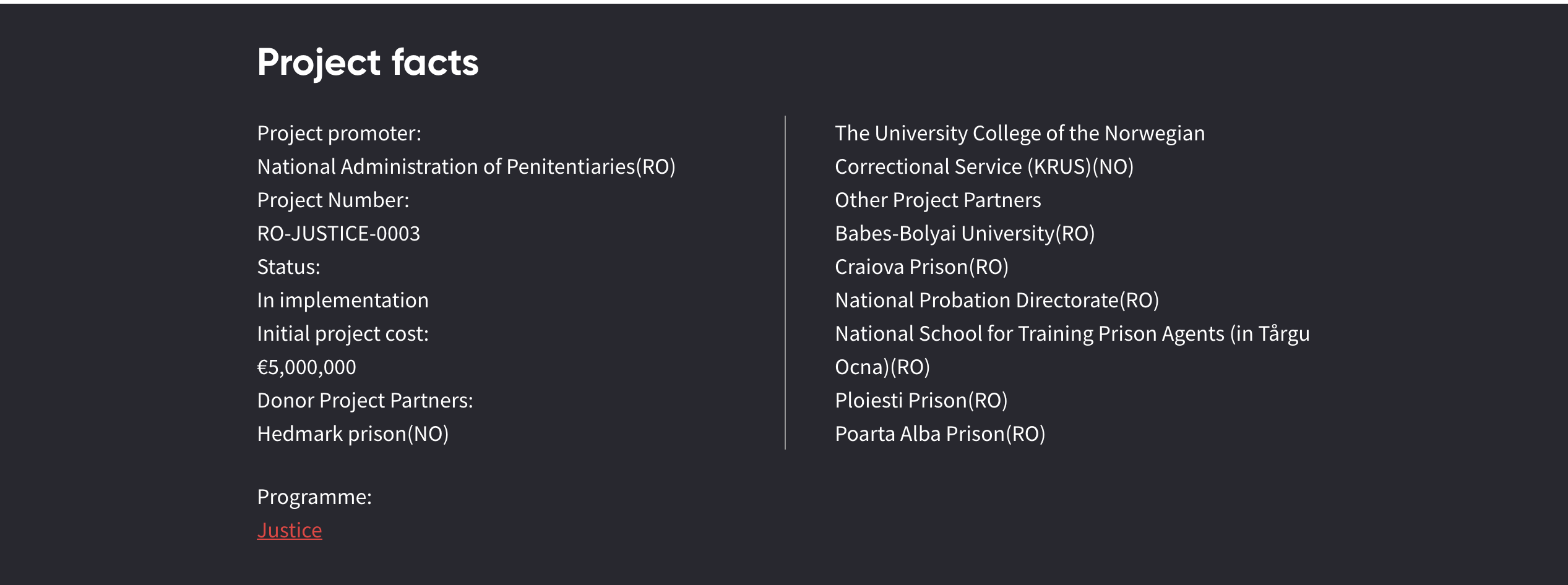This article explores the project's key aspects, from an accountability program for marginalised inmates to modern infrastructure development. The Netflix featured Craiova penitentiary is one of the detention units that is being reconstructed towards Romania’s aspiration to reshape the approach to inmate rehabilitation.
Fostering a life of purpose
The core of this project is geared towards improving the execution of criminal penalties. The project takes inspiration from the well-established principles of the Norwegian penitentiary system. Cooperation between the Romanian National Probation Directorate and Norway’s KRUS Academy as well as Hedmark Prison has been instrumental in the implementation of these initiatives. Central to their approach is the application of the principle of normality, aiming to instils an environment within Romanian prisons that fosters education, accountability, and, ultimately, successful reintegration into society.
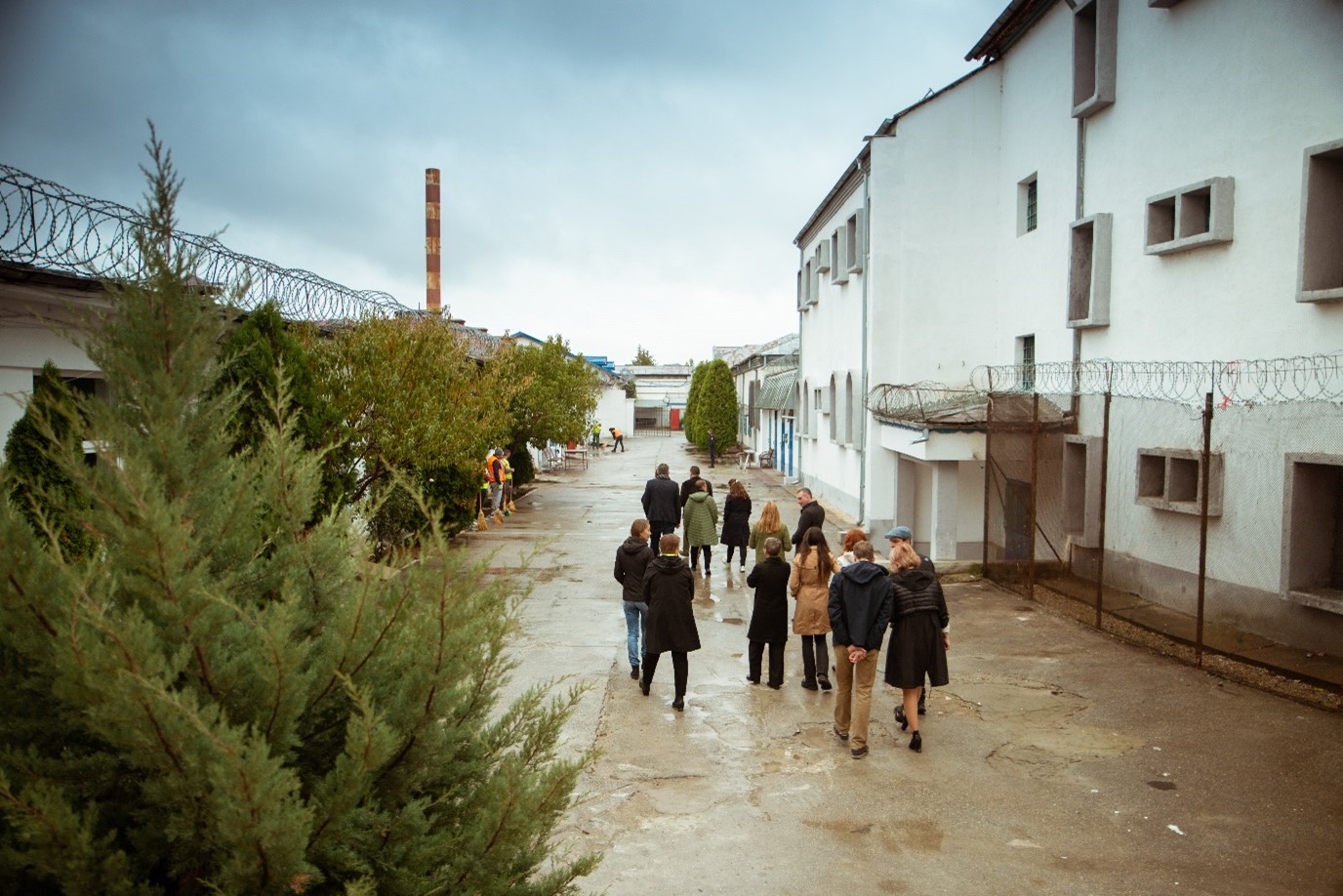
The project aims to implement an accountability program within chosen Romanian prisons for at-risk inmates, particularly targeting Roma ethnics, while training prison officers for effective application. It includes establishing research structures within the Romanian prison system and National Probation Directorate. Additionally, multiple new accommodation places are to be built in modern prison facilities to improve living conditions for inmates.
Norway Grants make it possible for the Romanian Prison Administration to continuously receive a stream of new ideas of best practices and modern infrastructure. Ph.D. Dan HALCHIN, Prison Police Chief Commissioner , General Director at the National Administration of Penitentiaries
Through emphasising accountability the project is fostering responsibility and self-confidence among inmates. Tailored to address the needs of Roma ethnics and other at-risk categories, the program empowers inmates to actively participate in their rehabilitation through learning new skills.
The activities were all useful. I had something to learn from each of them. The activity that was most useful to me was the one on creativity in which I learned several types of sewing, useful for making traditional shirts. B. A., project participant
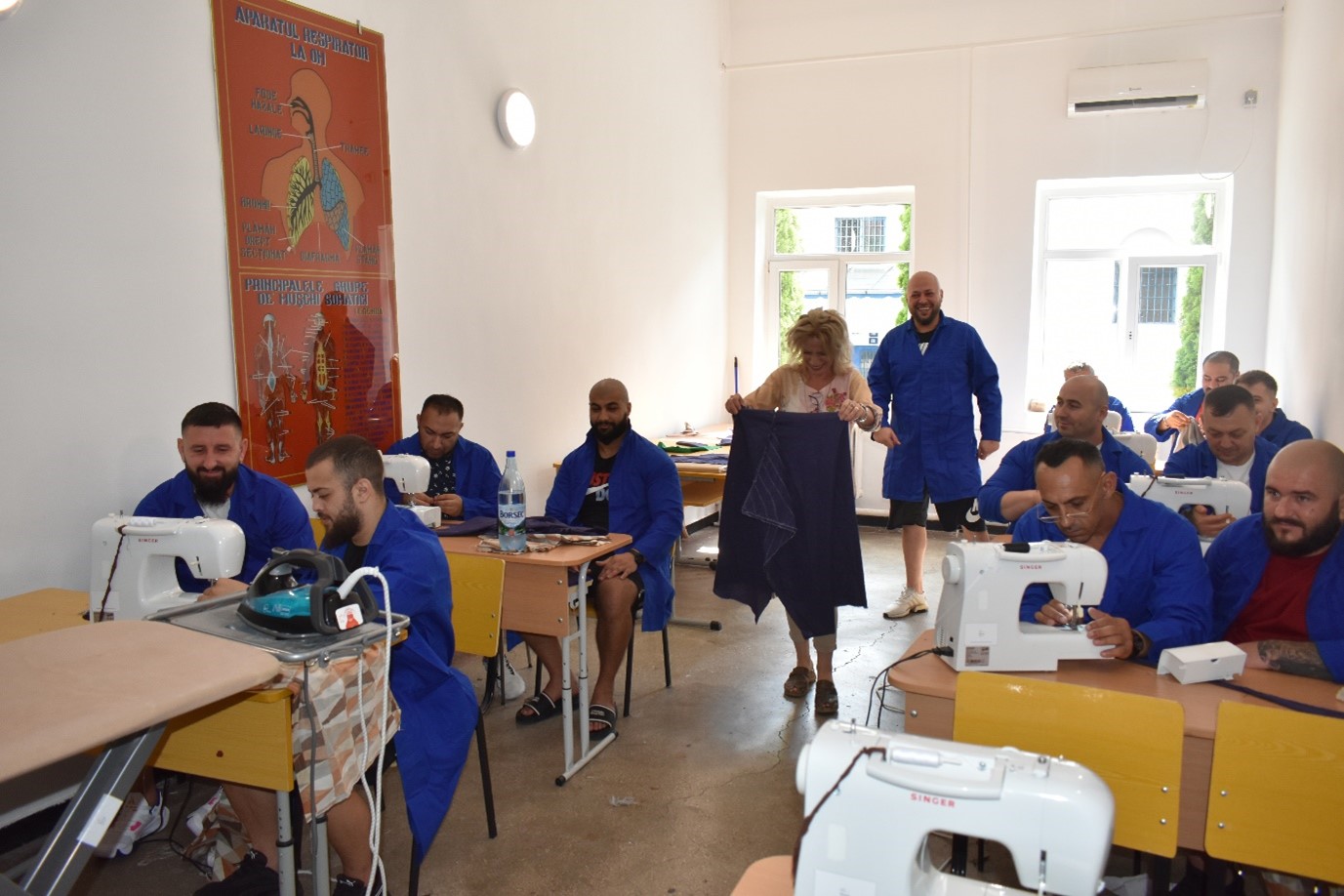
The project also highlights and acknowledges the critical role of prison officers in rehabilitation, and includes comprehensive training to equip them with the skills needed for effective program administration. This strategic approach helps prison officers minimise direct intervention from specialised penitentiary staff, allowing inmates selected as mentors to lead activities. This innovative organisational structure enhances inmate engagement, nurturing a sense of ownership and responsibility.
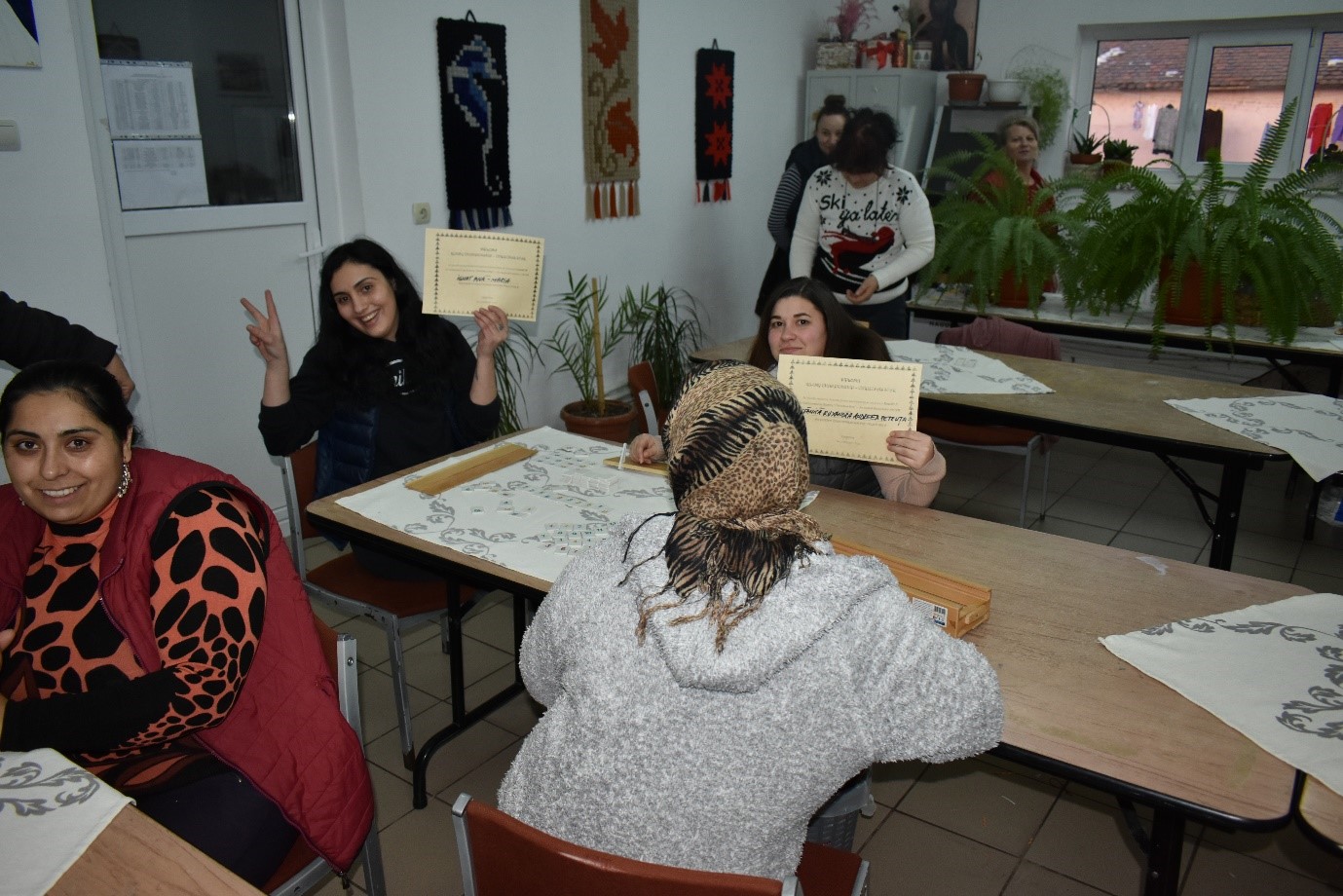
I found useful the gardening activities, growing tomatoes, plucking the weeds around them, stringing them in the garden etc. I felt good and learned from this participation that I want to work Z. M., project participant
Some of the project activities, such as gardening, culinary technology, and cleaning, have persisted beyond the programme's conclusion. This ongoing engagement was driven by the inmate initiative and facilitated by the active involvement of mentors.
Prison Makeover
A cornerstone of the project's impact lies in its ambitious infrastructure development, aiming to reshape the physical environment of Romanian prisons. One of these prisons is the infamous Craiova penitentary, a prison that was featured in the 2018 season of Inside the World’s Toughest Prisons on Netflix. Through the grants, Romanian authorities have been building the facilities from the ground up with the aim to create more humaine living conditions and aformentioned rehabilitation programs.
This drastic make-over is sure to have a significant effect on the lives of the people, many who belong to minorities, doing time at Craiova.
This is the first time in the last 30 years we build a new detention unit from scratch. This would not have been possible without the Norway Grants’ financing to the Craiova penitentiary. The new facility and the programmes we developed in the project will help us to create a new penitentiary environment that will significantly increase the chances of the detainees to reinsert in society after liberation. Alina Elena Stangiugelu Prison Police Chief Commissioner , Director at the Craiova Penitentiary
The Bigger Picture
Improving correctional systems is one of the programme areas within the Justice and Home Affairs priority sectors of the EEA and Norway Grants. One of the main challenges the Grants aim to tackle is the reality that some prisoners tend to revert to a life of crime after their release from prison. This requires special attention with a goal for successful reintegration of former prisoners into society. The Romanian 4NORM (-ality) project is an excellent example of the these challenges are dealt with through improving facilities, education, empowerment and cooperation.

Recently a team from the EEA and Norway Grants went to explore the building site of the new facilities at the Craiova Penitentiary. The construction is well underway and Penitentiary authorities are expecting to receive the facilities in April 2024.
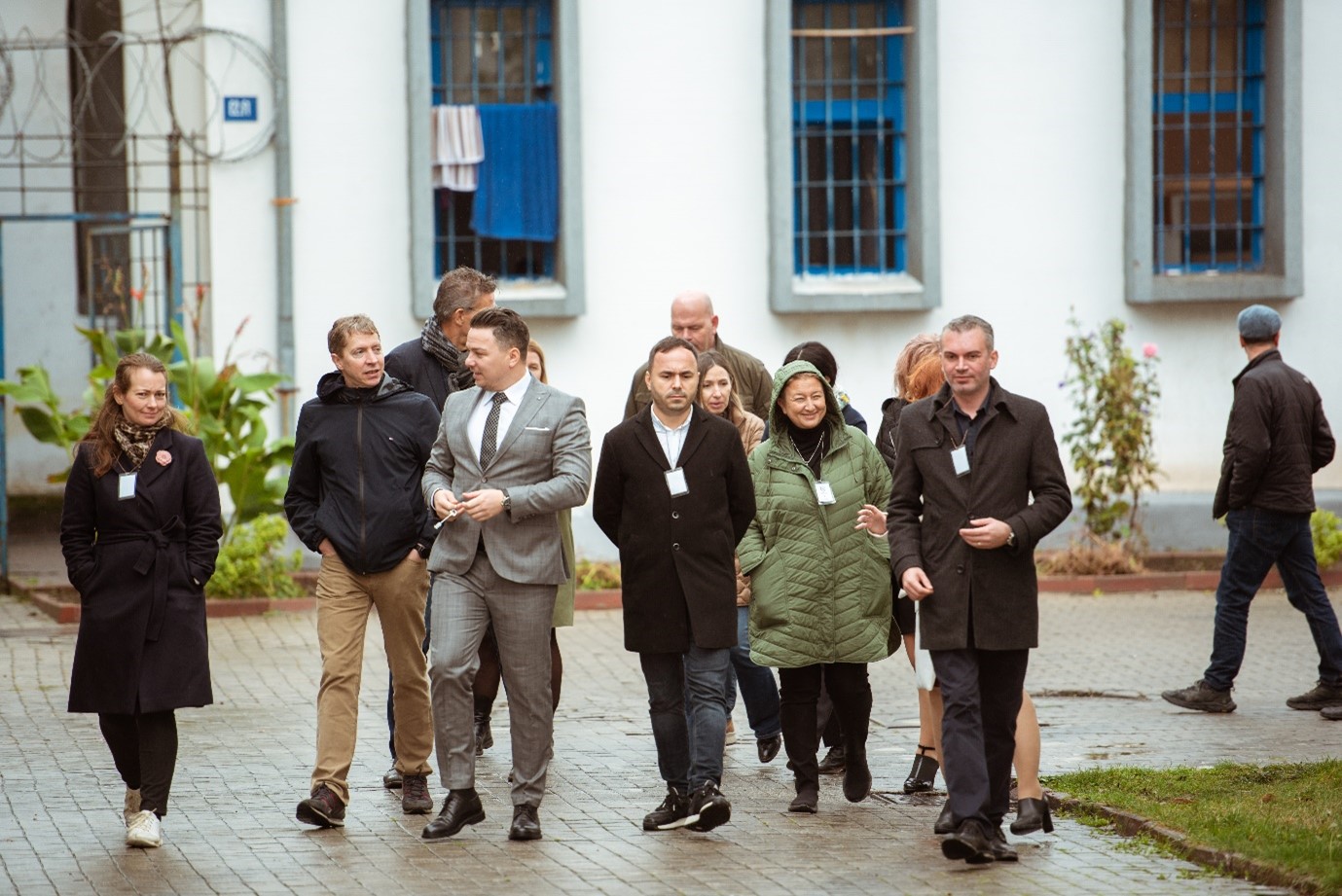
This is but one area in which the EEA and Norway Grants are cooperating with Romania towards a more inclusive, democratic and greener Europe.
Norwegian and EEA grants contribute to Romania's economic and social progress, financing important areas such as climate change, strengthening the rule of law, supporting civil society and improving participatory governance. These grants contribute to strengthening bilateral relations between donor and beneficiary states, being also a good opportunity to develop partnerships and joint projects between organizations and companies from Romania and Norway, Iceland and Liechtenstein. Ovidiu Cîmpean, State Secretary for the Romanian Ministry of Investments and European Projects
Find out more about the EEA and Norway Grants’ justice programmes here and read more inspiring stories from Romania here.
